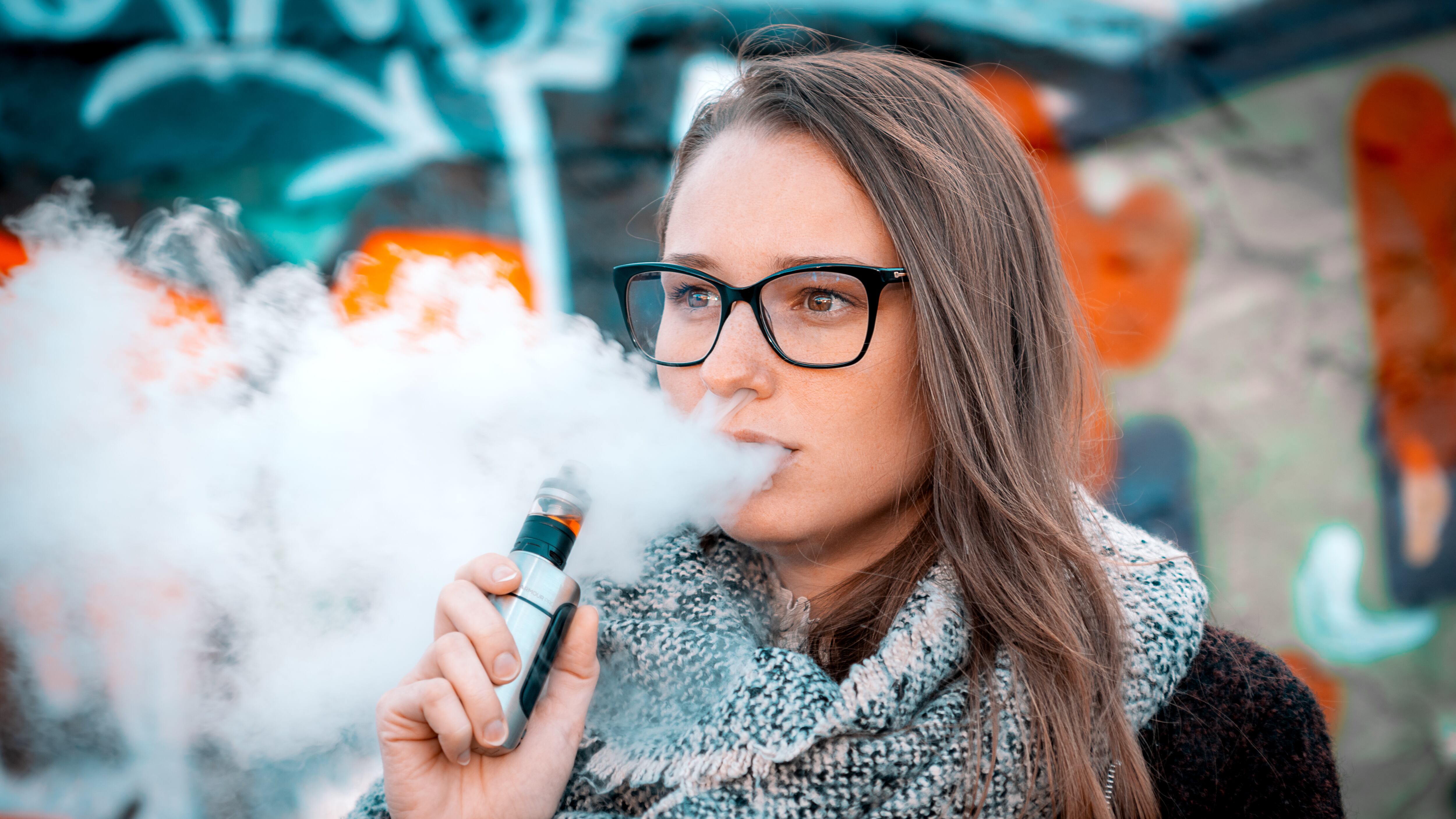Oregon Gov. Kate Brown this morning declared a six-month emergency ban on the sale of flavored vaping products and additives, responding to two deaths in Oregon and a growing national epidemic of respiratory illnesses.
"My first priority is to safeguard the health of all Oregonians," said Brown in a statement. "By keeping potentially unsafe products off of store shelves and out of the hands of Oregon's children and youth, we prevent exposing more people to potentially dangerous chemical compounds, and help lessen the chance of further tragedy for any other Oregon family."
The ban is less broad than some observers expected. It applies to both tobacco and cannabis vapes—but only those that add flavorings, like terpenes from lemons or artificial flavorings created in a lab. Vapes that contain 100 percent cannabis oil can still be sold.
Brown's ban arrives one week after the Oregon Health Authority announced the second death of an Oregon patient who had used cannabis vaping cartridges. The first death occurred in July.
Both are part of a wave of vaping-related respiratory illnesses where patients suffocated from severe lung injuries. While the two victims in Oregon had oil build-up in their lungs, some others in the national investigation had lung injuries resembling severe chemical burns.
The ban also asks state agencies to develop a plan within 90 days to make sure that producers are required to be transparent about the ingredients included, that vape products be tested to determine safety, and that a campaign to slow use of vaping is implemented.
Brown used the emergency rule-making authority under the Oregon Liquor Control Commission and the Oregon Health Authority to implement the ban.
The announcement comes after a tense five weeks of those in the cannabis industry weighing the possibility of how a potential ban would affect business operations. The ban is less expansive than many oil producers feared, as it does not ban all vaping products. Brown had been considering that option, and had asked the Oregon Department of Justice to examine whether a blanket ban would stand up in court.
State regulatory bodies, including the Oregon Liquor Control Commission, now must find avenues of removing all flavored vaping products from shelves. Both the tobacco and cannabis industries have lost a large portion of a lucrative market.
Joe Bergen, general manager of Avitas, a farm and vape cartridge brand, told WW this week that being in the cannabis industry is "a lot like building an airplane while you're flying it."
“We’ll continue to operate in the legal capacities we can and watch the market reposition,” Bergen said.
